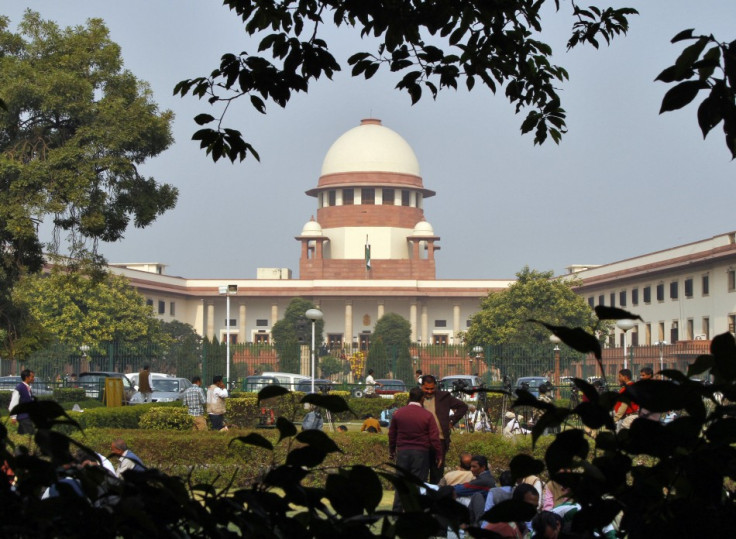Muslim lawyer says top Islamic law board spreads radicalism, asks Indian Supreme Court to abolish it
Farha Faiz asks for a complete ban on Sharia courts that run a parallel judiciary.

An Indian Muslim lawyer – Farha Faiz – has urged the apex court of the country to abolish the All India Muslim Personal Law Board (AIMPLB). Faiz claims that the body only spreads radicalism. The attorney on Tuesday (6 September) said that because of these kinds of organisations "Muslims always face a dilemma whether religion is above the country".
Faiz is fighting against gender inequality and triple talaq (divorce) system among Muslims in India. Triple talaq allows Muslim men to divorce their wives by simply stating their intention three times verbally.
The development comes after the AIMPLB on 2 September claimed that personal laws could not be challenged as that would be a defiance of the fundamental rights assured by the Indian Constitution. It also said that men had more sensibility than women and there was nothing wrong in giving "triple talaq to your wife, in fact it's better than murdering her or burning her alive".
Countering the board's stand in favour of discrimination and personal laws, Faiz said in her affidavit, "There should be a complete ban on Sharia courts which run a parallel judiciary. These registered societies do not accept the fact that in this country there is well developed judicial system. Nobody can run a parallel judicial system in the name of religion."
She added that Sharia courts "never preach in favour of the nation".
Faiz has also stated that despite a number of laws to safeguard women rights, Muslim women are still vulnerable and these laws have not proved worth to save them from discrimination, the Times of India reported. She added that triple talaq is simply un-Islamic and needs to be banned as early as possible.
"This raises a question mark on the dignity of the judiciary. Constitution provides a dignified status to all countrymen without discrimination but Muslim women are facing a critical and insecure life," Faiz asserted.
© Copyright IBTimes 2025. All rights reserved.





















